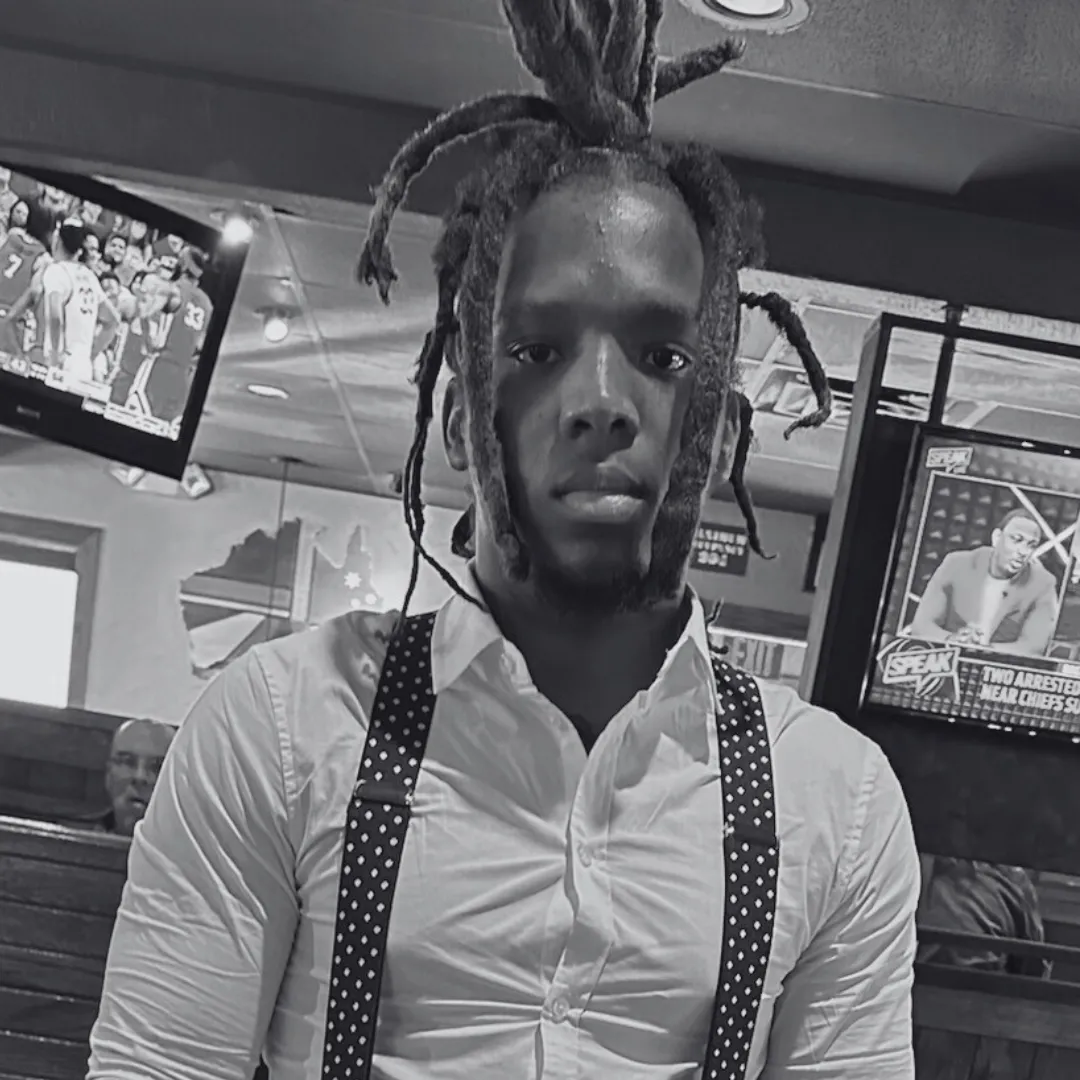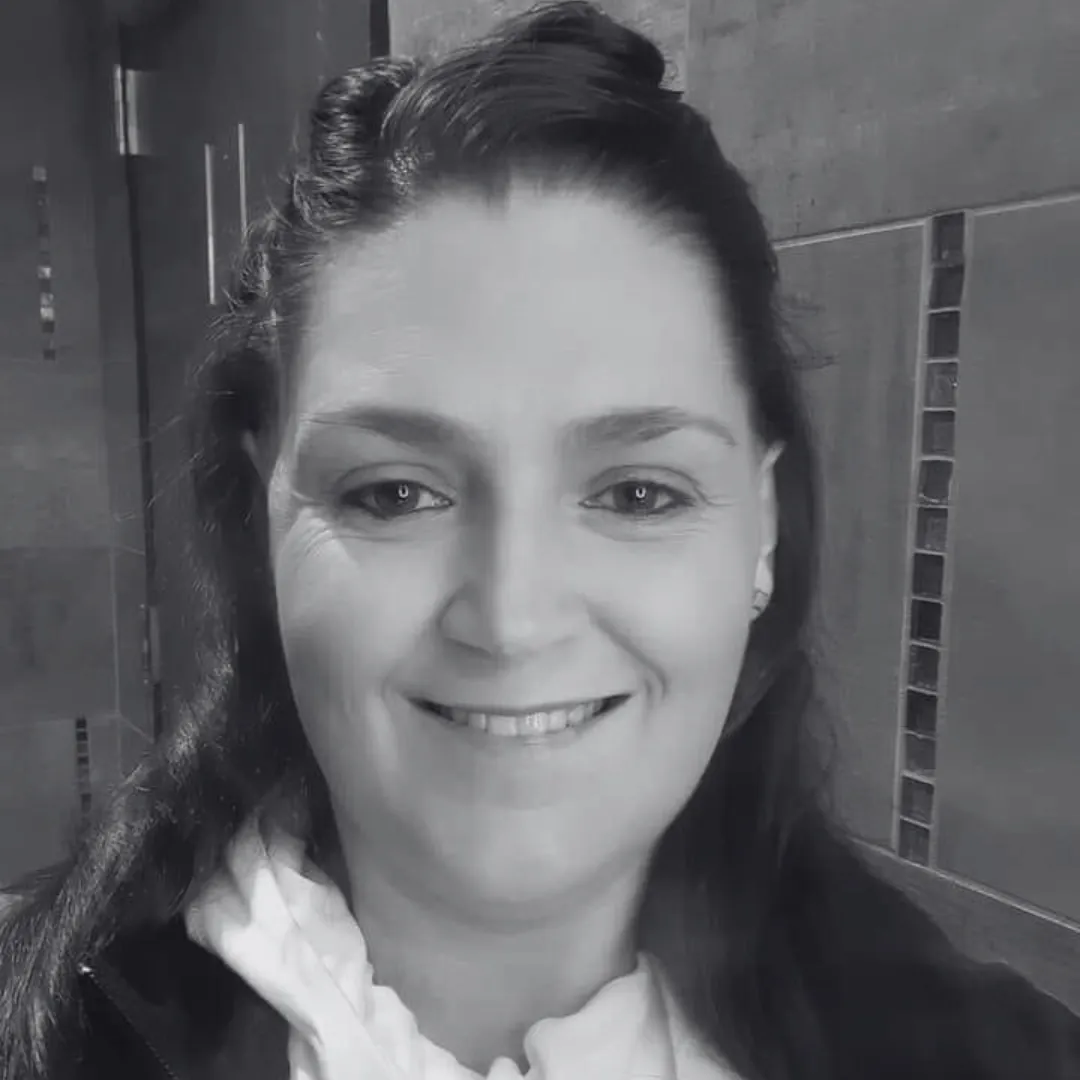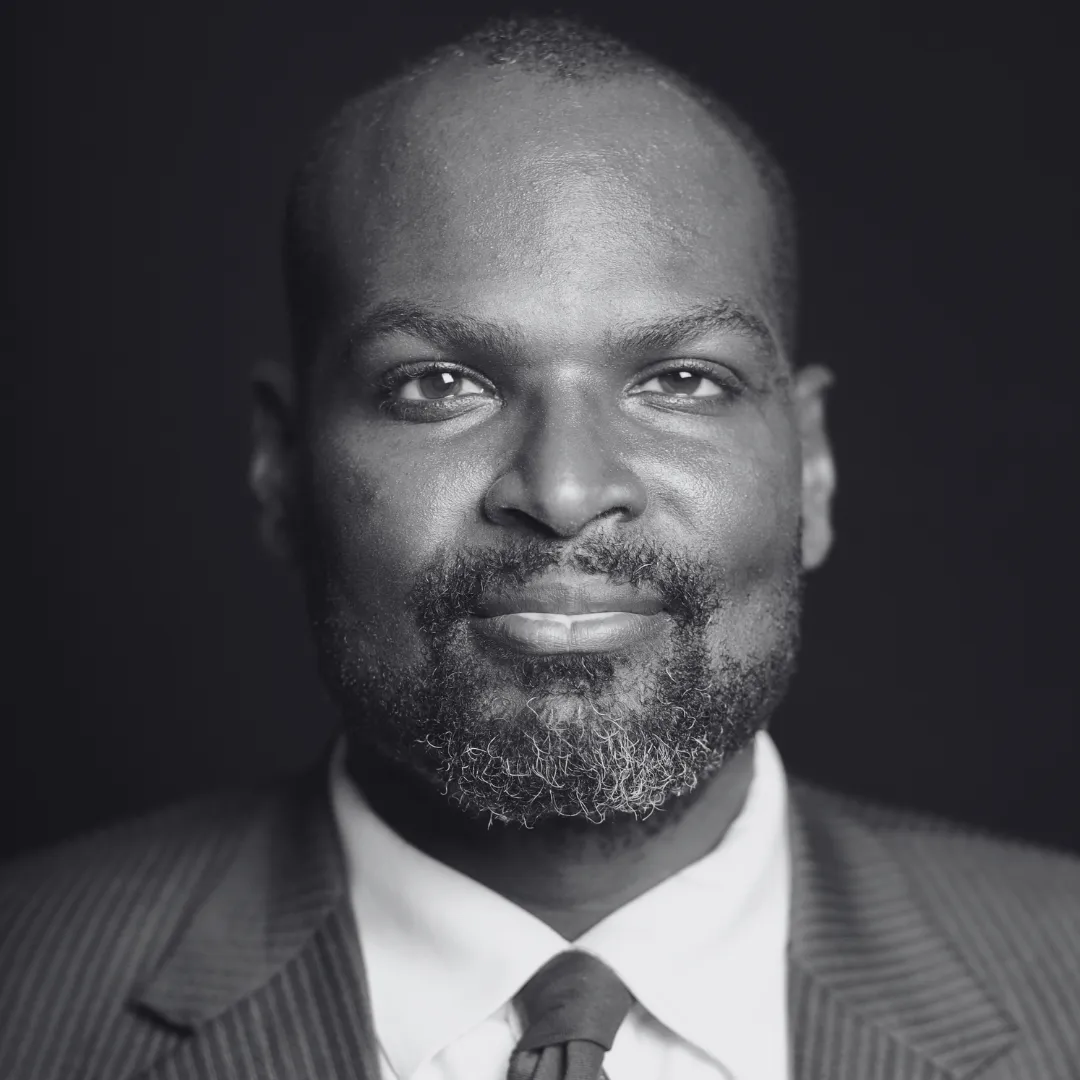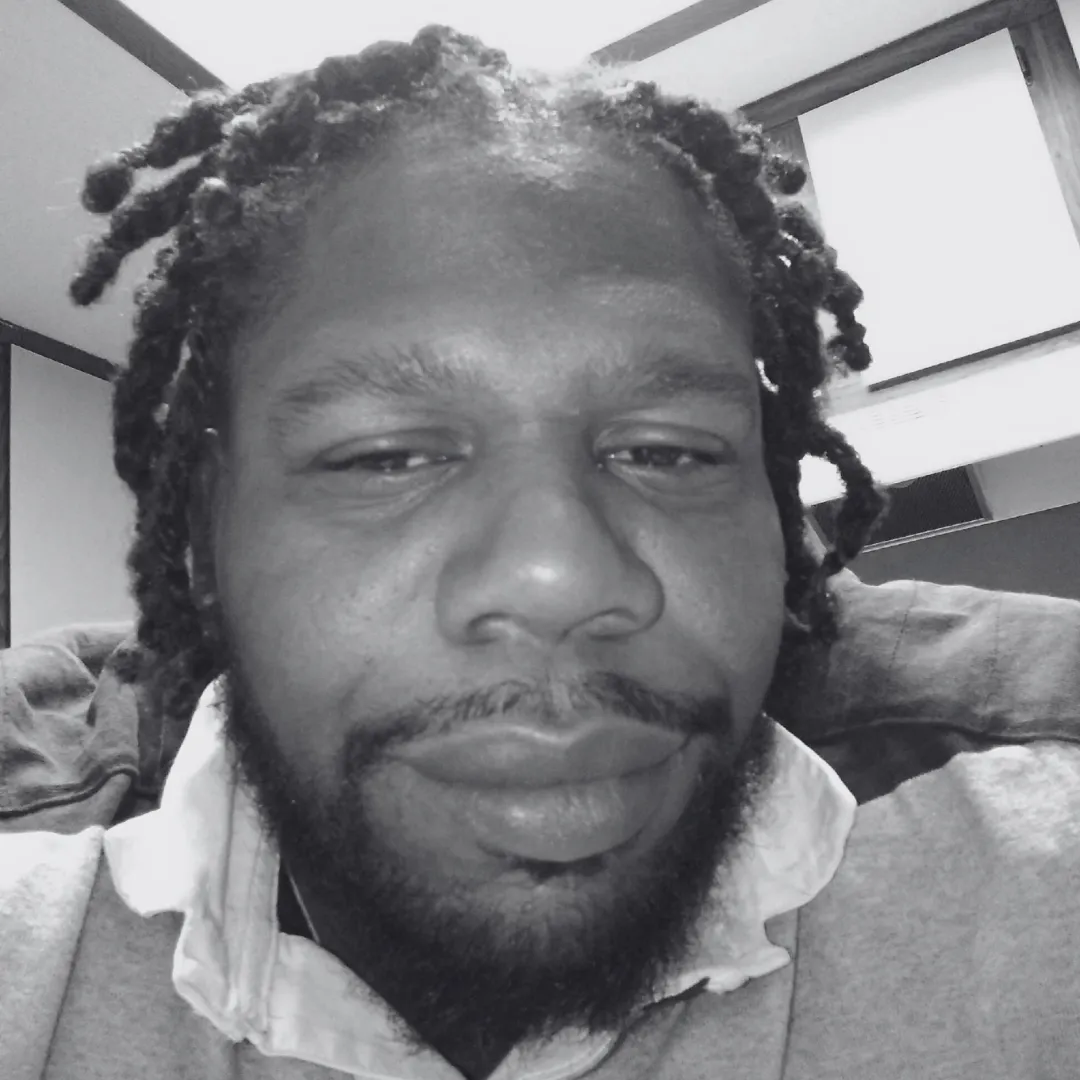Dion was born and raised in Cincinnati and has loved music as long as he can remember. A talented rapper, he knew that he needed a good job when he got out of prison so he could support his dreams of performing live. After his release, Dion was applying for jobs online and scheduling interviews, when one day he got a call from a potential employer.
“The open position was with a delivery service and it paid really well,” Dion said. “So even though I couldn’t afford it, I paid for an Uber to get to their remote headquarters.”.
After filling out an application, Dion spoke to the hiring manager at length and felt really good about his chances of getting the job. Towards the end of their conversation, the manager glanced down at his paperwork and asked about Dion’s felony conviction.
“I told her that I’m a good person who has made mistakes, but I had changed my life and was ready for a second chance,” said Dion.
The hiring manager explained that although Dion was qualified for the position and had a positive attitude, they wouldn't be able to hire him if his conviction was in the last 10 years.
“When I told her that it had been nine and a half years since I was arrested, she told me to come back in six months and apply again.” Dion said. “Then she thanked me for coming in and walked out.”
Dion was defeated by the whole outcome and wondered what could change in six months that would make him more eligible for the job.
“That was my first time experiencing hiring discrimination and it changed the way I looked for a job,” said Dion. “After that, I wouldn’t apply at a company if they asked about felony convictions.”
Dion, now known as Jailbird Issy, joined the Center for Employment Opportunities (CEO) shortly thereafter and started on a transitional work crew while completing I.T. and OSHA certifications paid for by CEO. And while Dion feels these additional credentials will help him as he continues to search for a good quality job, and he remains determined and optimistic, he is still very much aware of the challenges he will continue to face as a result of having a criminal record.
However, he refuses to be deterred and instead, is now working with CEO’s Advocacy Leadership Council (ALC) to push for stronger protections for justice-impacted people, such as limiting the use of background checks in the hiring process.
“I've learned from working on the advocacy council that one word can change someone’s heart,” Dion said. “Maybe by talking about this problem we can find a solution.”
To join Dion in advocating for change, visit MoreThanABackground.org.




